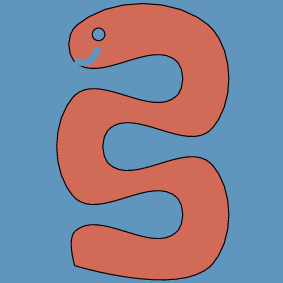Introduction¶
What is LingPy?¶
LingPy is a suite of open-source Python modules for sequence comparison, distance analyses, data operations and visualization methods in quantitative historical linguistics.
The main idea of LingPy is to provide a software package which, on the one hand, integrates different methods for data analysis in quantitative historical linguistics within a single framework, and, on the other hand, serves as an interface for the preparation and analysis of linguistic data using biological software packages.
What can be done with LingPy?¶
With the help of LingPy, users can:
tokenize and analyze IPA-encoded sequences,
carry out pairwise and multiple alignment analyses,
search automatically for cognates across multiple languages,
calculate lexicostatistic distances between languages,
reconstruct language phylogenies using basic cluster algorithms, and
export the results of these analyses to various formats which can be either used as input for external programs, or to visualize the results.
How can LingPy be used?¶
LingPy is a library written in the Python programming language. It can be used directly in the Python interpreter or imported into Python scripts. See the LingPy README file for instructions, or check, which PAPERS so far have been written with help of LingPy. You can also have a look at our little TUTORIAL at this page, or search and download examples in our COOKBOOK. If you have professional questions regarding cogind aspects of LingPy, you might want to have a look at our REFERENCE, or our REPOSITORY at GitHub. For more information about Python, see http://www.python.org for details.
How to cite LingPy?¶
If you are using LingPy, please cite the library as follows:
List, Johann-Mattis and Forkel, Robert (2024): LingPy. A Python library for historical linguistics. Version 2.6.13. URL: https://lingpy.org, DOI: https://zenodo.org/badge/latestdoi/5137/lingpy/lingpy. With contributions by Simon Greenhill, Tiago Tresoldi, Christoph Rzymski, Gereon Kaiping, Steven Moran, Peter Bouda, Johannes Dellert, Taraka Rama, Frank Nagel, Patrick Elmer, Arne Rubehn. Passau: University of Passau.








